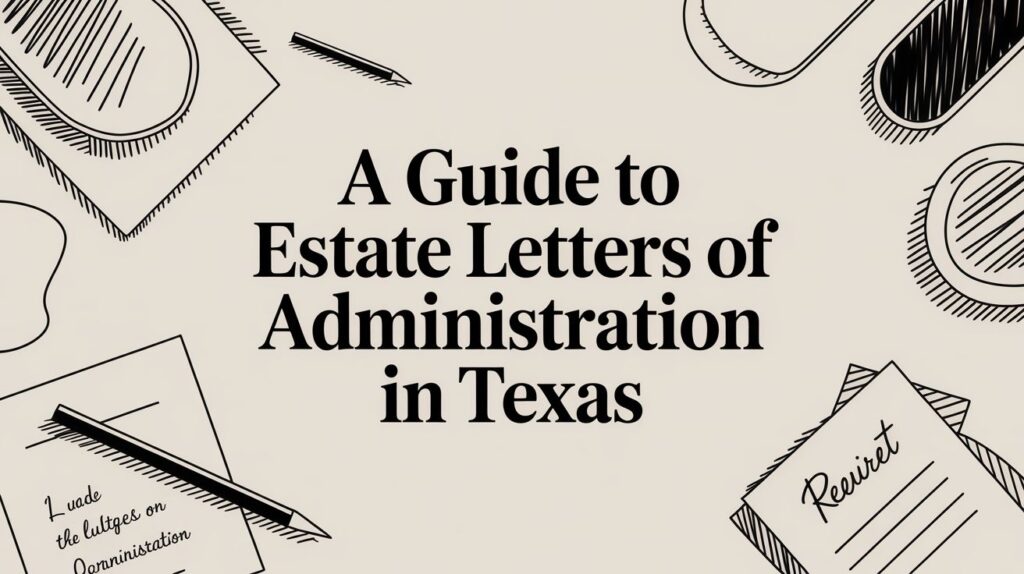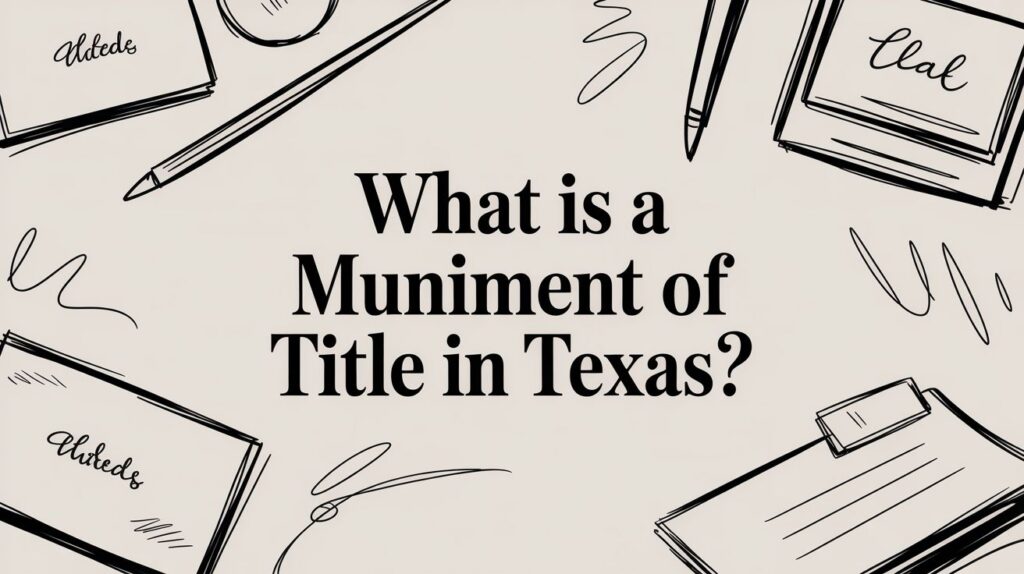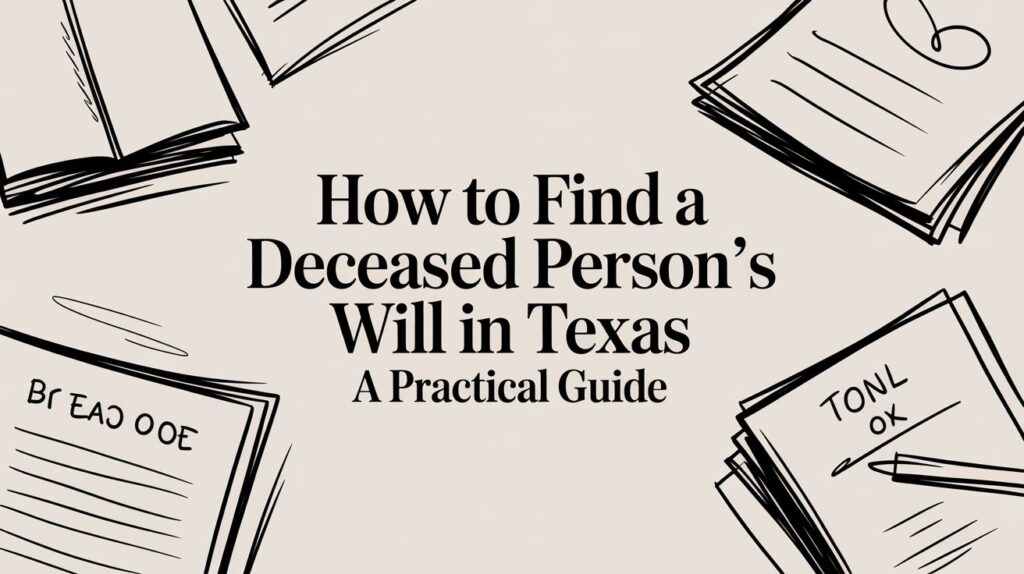Understanding the Texas Probate Process: A Step-by-Step Guide
The Texas probate process can seem daunting, especially for those unfamiliar with legal procedures. This guide breaks down each step, from filing the will with the court to distributing assets to beneficiaries. Understanding this process is crucial for anyone navigating the complexities of estate administration in Texas.
For instance, initiating probate typically involves submitting a petition to the court, which may require various documents, including the deceased's will and death certificate. Once the court validates the will, the executor can begin managing the estate, which includes paying debts and taxes before distributing the remaining assets to heirs.
Common Misconceptions About Texas Probate Law
Many individuals hold misconceptions about Texas probate law that can lead to confusion and poor decision-making. One common myth is that probate is always a lengthy and expensive process; however, this is not necessarily true, as the timeline and costs can vary significantly based on the complexity of the estate.
For example, small estates may qualify for simplified probate procedures, allowing for a quicker resolution. Additionally, understanding these misconceptions can empower individuals to make informed choices about estate planning and asset management, ultimately leading to better outcomes for families.
Probate Alternatives in Texas: Exploring Your Options
While probate is often necessary, there are alternatives available in Texas that can simplify the process and save time and money. Options such as establishing a living trust or utilizing transfer-on-death designations can help individuals avoid probate altogether.
For instance, assets placed in a living trust can be transferred to beneficiaries without going through probate, which can significantly reduce administrative burdens. Understanding these alternatives allows individuals to tailor their estate plans to their unique circumstances, ensuring their wishes are honored without unnecessary legal complications.
The Role of an Executor in Texas Probate: Duties and Responsibilities
The executor plays a pivotal role in the Texas probate process, responsible for managing the deceased's estate according to the terms of the will and state law. This includes tasks such as locating assets, paying debts, and ensuring that the estate is distributed correctly to beneficiaries.
Executors must also navigate legal requirements, such as filing necessary court documents and adhering to timelines set by the probate court. A clear understanding of these duties is essential for executors to fulfill their responsibilities effectively and avoid potential legal issues during the probate process.










